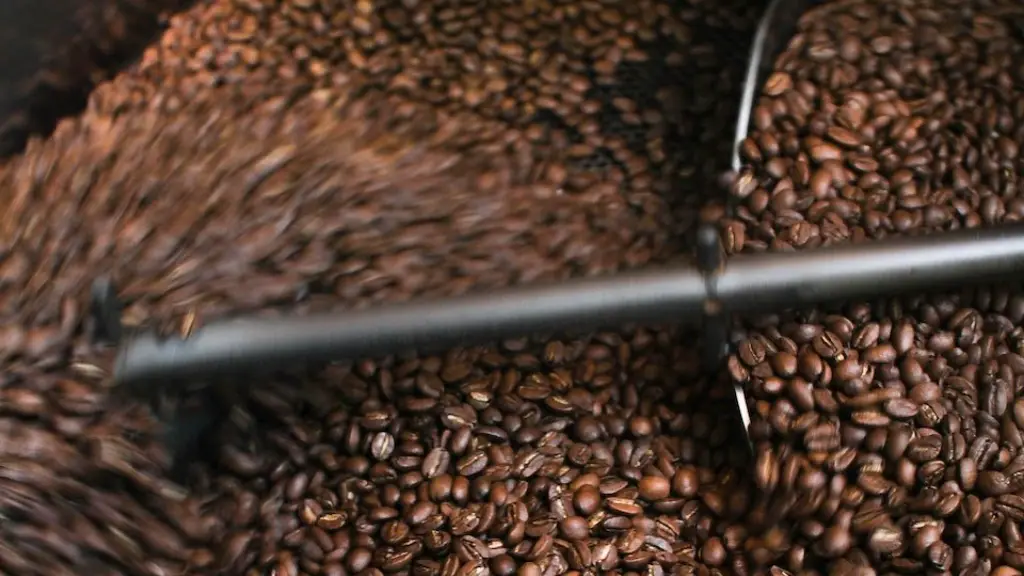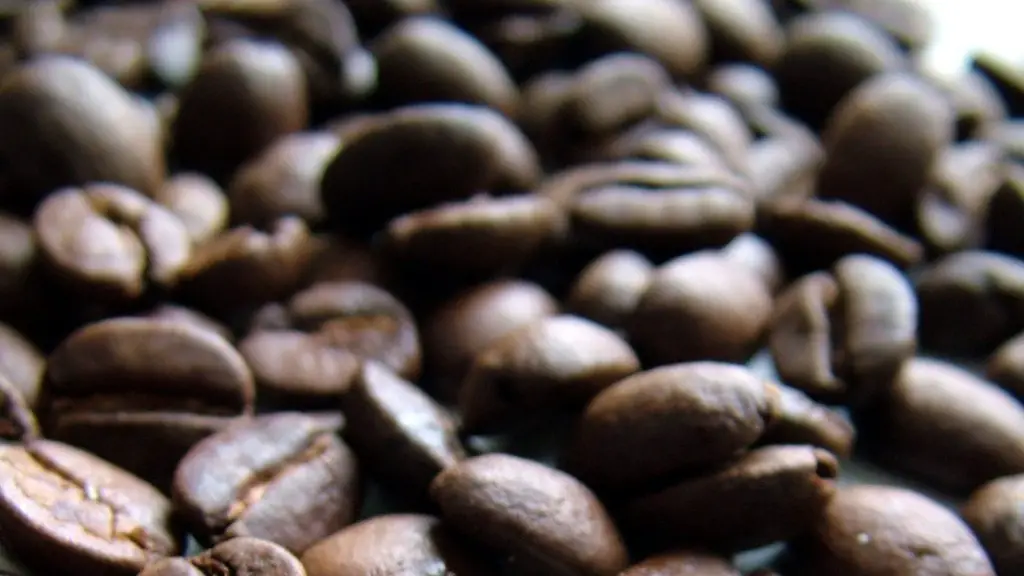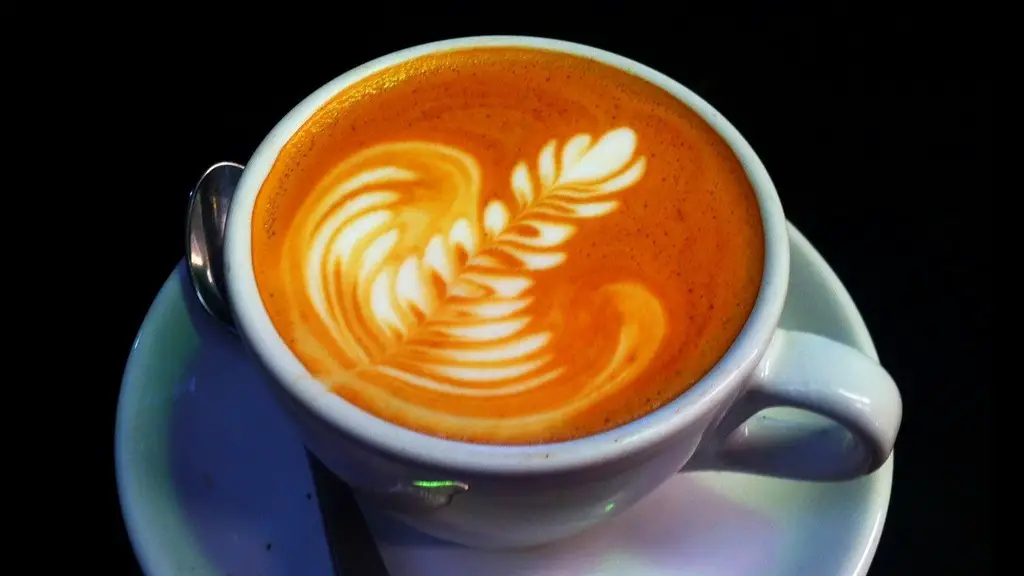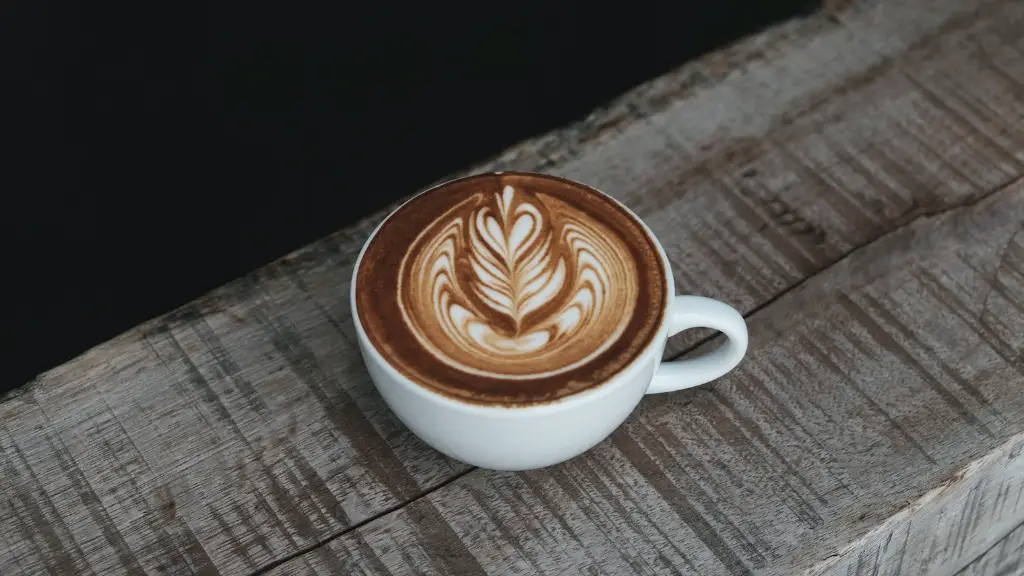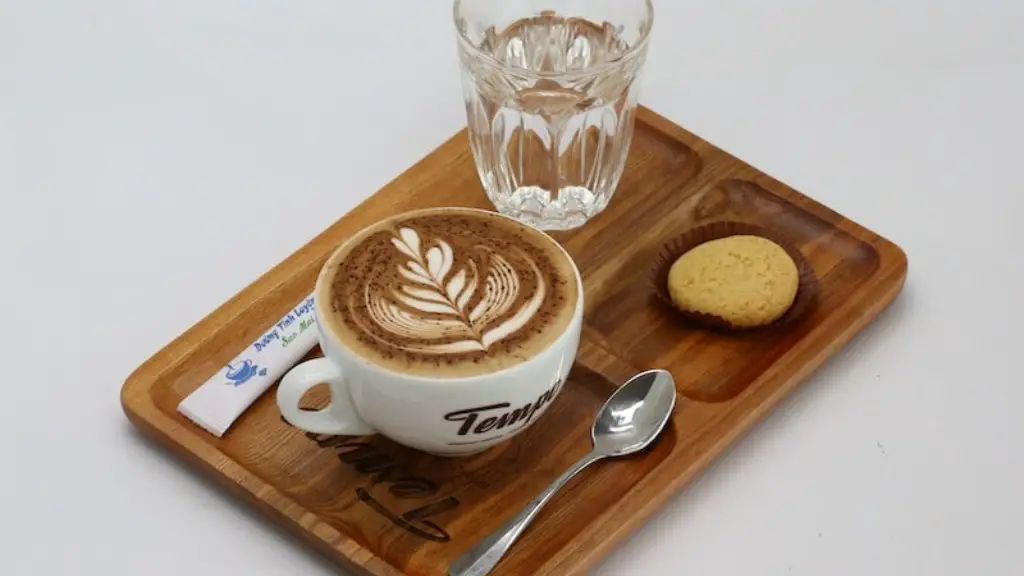Introduction
Coffee is one of the most popular drinks in the world and it can be seen as a source of energy and pleasure.However, it’s important to consider the potential side effects of drinking coffee.It has been suggested that drinking coffee could lead to panic attacks in some individuals, although there is still some debate on the subject. In this article, we will look at what the research has to say about the potential relationship between coffee and panic attacks, as well as other ways to mitigate this risk.
The Risk Of Panic Attacks With Coffee
In general, the safety of coffee drinking is largely well-established. However, there are some potential risks that should be considered. One of these risks is the potential for coffee drinking to lead to panic attacks. In particular, research has found that people who are prone to anxiety or panic disorders may be more likely to experience panic attacks after drinking coffee. This is likely due to the fact that coffee can increase the level of adrenaline in the body, which can cause the physical symptoms of a panic attack. Anecdotally, some people have reported that coffee triggers their panic attacks, and it’s important to be aware of this risk.
How To Mitigate The Risk Of Coffee-Induced Panic Attacks
If you are prone to anxiety or panic disorders, there are some steps you can take to help reduce the risk of coffee-induced panic attacks. Firstly, it is important to only drink coffee in moderation. Drinking too much coffee can increase your risk of experiencing a panic attack. Secondly, it is a good idea to avoid drinking coffee late in the day, as caffeine can interfere with your sleep. Thirdly, if you are feeling anxious or stressed, it is best to avoid drinking coffee. Lastly, it is important to be mindful of your personal reactions to coffee when trying to reduce the risk of panic attacks.
Other Factors To Consider
It is important to note that the risk of panic attacks due to coffee drinking is relatively small. It is important to keep in mind that there are other factors that may increase the risk of experiencing panic attacks. For example, high levels of stress, trauma, and genetics can all play a role in the risk of developing panic attacks. Additionally, it is important to remember that everyone reacts differently to caffeine and other stimulants, so it is important to pay attention to your own body’s response to coffee.
Advice From Mental Health Professionals
Mental health professionals recommend that people who are prone to anxiety or panic disorders should limit their consumption of coffee. For those who do drink coffee, it is important to be aware of the potential risks and to ensure that their consumption is kept in moderation. Additionally, if someone is feeling anxious, it is best to avoid drinking coffee as it can exacerbate symptoms. Lastly, it is important to seek professional help if anxiety or panic attacks are becoming a regular occurrence.
Effects of caffeine on the body
Coffee contains caffeine, a natural stimulant found in many foods and beverages. Caffeine can have various effects on the body, including increased alertness and energy, but it can also lead to jitteriness, increased heart rate, and irritability. When consumed in high quantities, caffeine can also lead to insomnia, headaches, and anxiety.
In general, most people can safely consume up to 400 milligrams (mg) of caffeine a day. For those who are particularly sensitive, it is best to limit your caffeine intake to no more than 200 mg per day. It is also important to note that the effects of caffeine can vary from person to person, and individuals may find that they experience different reactions to different doses of caffeine.
Effects of caffeine on mental health
Caffeine can have an impact on mental health, and it can worsen some mental health conditions. Those with existing anxiety disorders or panic disorders may be particularly vulnerable to the effects of caffeine and should limit their intake accordingly. Additionally, some research suggests that regular caffeine consumption may increase the risk of developing depression in vulnerable individuals.
It is also important to note that caffeine can interfere with the effectiveness of some medications, including antidepressants and sedatives. Therefore, it is important to speak to a doctor or pharmacist before consuming any medications while drinking coffee.
Alternatives to coffee
For those who have experienced panic attacks due to coffee, there are some alternative drinks that can provide the same energizing effects. For example, green tea contains small amounts of caffeine and is a great alternative to coffee. Other herbal teas such as chamomile and peppermint can also be relaxing and caffeine-free. Similarly, decaffeinated coffee can provide a slightly lower caffeine content than regular coffee. Additionally, there are several commercially available caffeine-free energy drinks that can provide a similar boost of energy.
Final Thoughts on Coffee and Panic Attacks
It is important to be mindful of the potential risks of coffee drinking, particularly if you are prone to anxiety or panic attacks. Although coffee is generally considered safe, it can worsen some mental health conditions and increase the risk of panic attacks in some people. It is important to be aware of the effects of caffeine on the body and to ensure that your consumption is in moderation. Additionally, there are several alternatives to coffee that can provide the same energizing effects without the potential risks. If anxiety or panic attacks become a regular occurrence, it is important to seek professional help.
